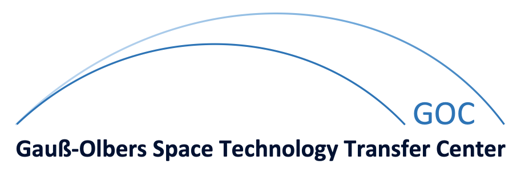Joint Noise Reduction and Dereverberation Using Acoustic Multichannel Equalization Techniques
| Tutor: | Stefan Goetze |
| Type of Thesis: | Master's thesis (MSc) |
| date of end: | - |
| Student: | Ashish Sharma |
| Status: | finished |
| ANT-shelfmark: | |
| Abstract: | Speech signals recorded in an enclosed space by microphones placed at a distance from the source are often corrupted by both ambient noise and reverberation which deterioriate both speech quality and intelligibility. While the noise suppression task has been investigated intensively for decades, the problem of dereverberation received much less attention in the literature until recently. Such recent e orts in acoustical signal processing have produced several dereverberation approaches, with one particular class being the acoustic multichannel equalization techniques. Acoustic multichannel equalization techniques comprise an attractive approach to speech dereverberation since in theory, perfect dereverberation can be achieved. In practice however, due to errors in the estimated room impulse responses (RIRs), acoustic multichannel equalization techniques such as channel shortening (CS), relaxed multichannel least-squares (RMCLS), and partial multichannel equalization based on MINT (P-MINT), might lead to distortions in the output signal. Furthermore, such techniques generally design reshaping lters without taking into account the additive noise present at the microphones, which might lead to undesired noise ampli fication at the output. The aim of this study is to experimentally evaluate the performance of acoustic multichannel equalization techniques in terms of dereverberation and noise reduction/ampli cation under several conditions and parameter settings. |







